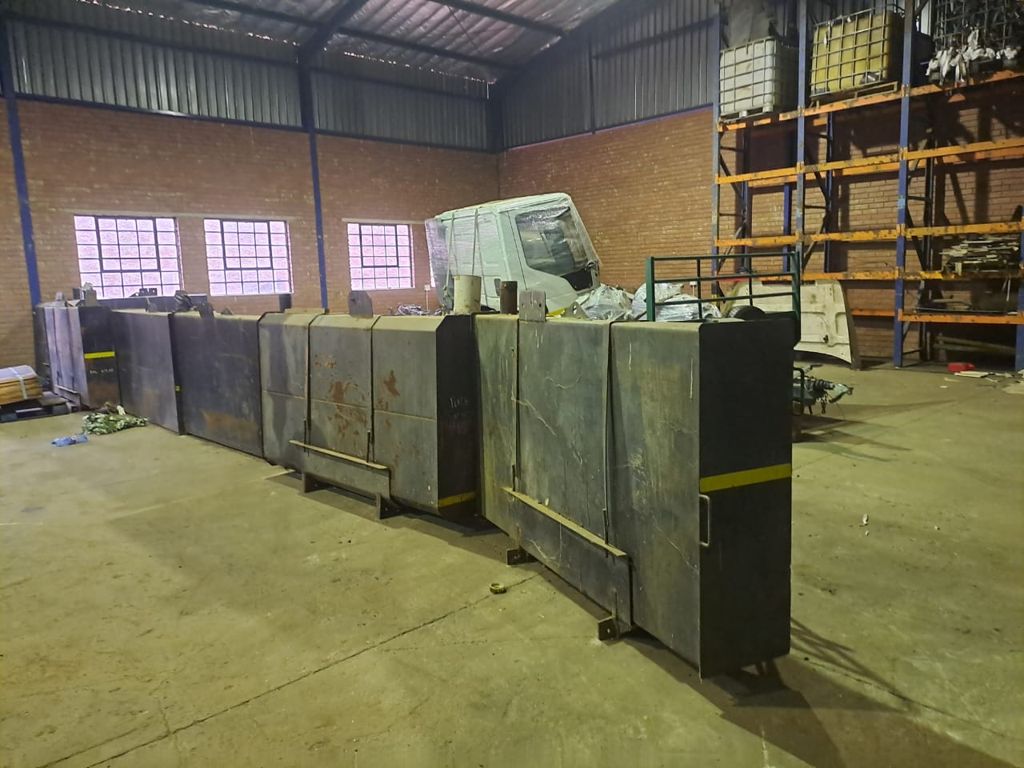The seminar hosted recently in Durban by the BRICS KwaZulu-Natal Trade and Investment Seminar is a testament to the commitment of Brazil, Russia, India, China, and South Africa (BRICS) towards fostering trade and economic growth within and among developing nations. The Deputy Minister of Trade, Industry, and Competition, Ms. Nomalungelo Gina, addressed the gathering, emphasizing the importance of economic collaboration and foreign investment for the region.
Promoting Economic Cooperation and Attracting Foreign Investment
The primary objective of this seminar was to promote economic cooperation and attract foreign investment, particularly in KwaZulu-Natal. Earlier in the week, Ms. Gina had spoken at the Western Cape leg of the mission in Cape Town. She expressed her excitement about the enthusiasm shown by business leaders from other BRICS countries, who were eager to learn more about investment opportunities in South Africa, especially in the renewable energy sector.
Focusing on Business and Commercial Interests
Ms. Gina highlighted the primary focus of the BRICS Summit on business and commercial interests, rather than politics. She stressed the importance of using trade and investment missions to enhance the economic growth of BRICS countries. The upcoming Heads of States Summit, scheduled for August 22-24, 2023, will provide a crucial platform for such discussions.
Extending Invitations to 67 Countries
In preparation for the largest BRICS Summit ever held, the South African government has invited 67 countries across Africa, Latin America, Asia, and the Caribbean. The increasing participation of countries in the Summit demonstrates the growing influence and importance of BRICS in global economic affairs.
Improving Africa’s Exports to BRICS
Ms. Gina believes that improving Africa’s exports to the BRICS bloc will significantly enhance the continent’s growth position. These exports will provide a market for the importing countries, resulting in a mutually beneficial trade relationship built on openness and trust.
Financing and Investing in African Infrastructure Projects
Ms. Gina encouraged businesses seeking funding for major projects to take advantage of the New BRICS Development Bank, which provides financial assistance to emerging economies for infrastructure and sustainable development projects. Afreximbank, another financial institution, also plays a crucial role in funding export transactions of manufactured goods from the continent. BRICS countries have also expressed interest in investing in African infrastructure projects, including transportation, energy, and telecommunications, to boost economic growth and improve regional connectivity within Africa.
Showcasing the Potential for Cooperation and Collaboration
The BRICS KwaZulu-Natal Trade and Investment Seminar showcased the potential for cooperation and collaboration among developing nations. By fostering economic growth and attracting foreign investment, the event served as a vital stepping stone towards a more prosperous and interconnected future for all BRICS member countries and their partners.








